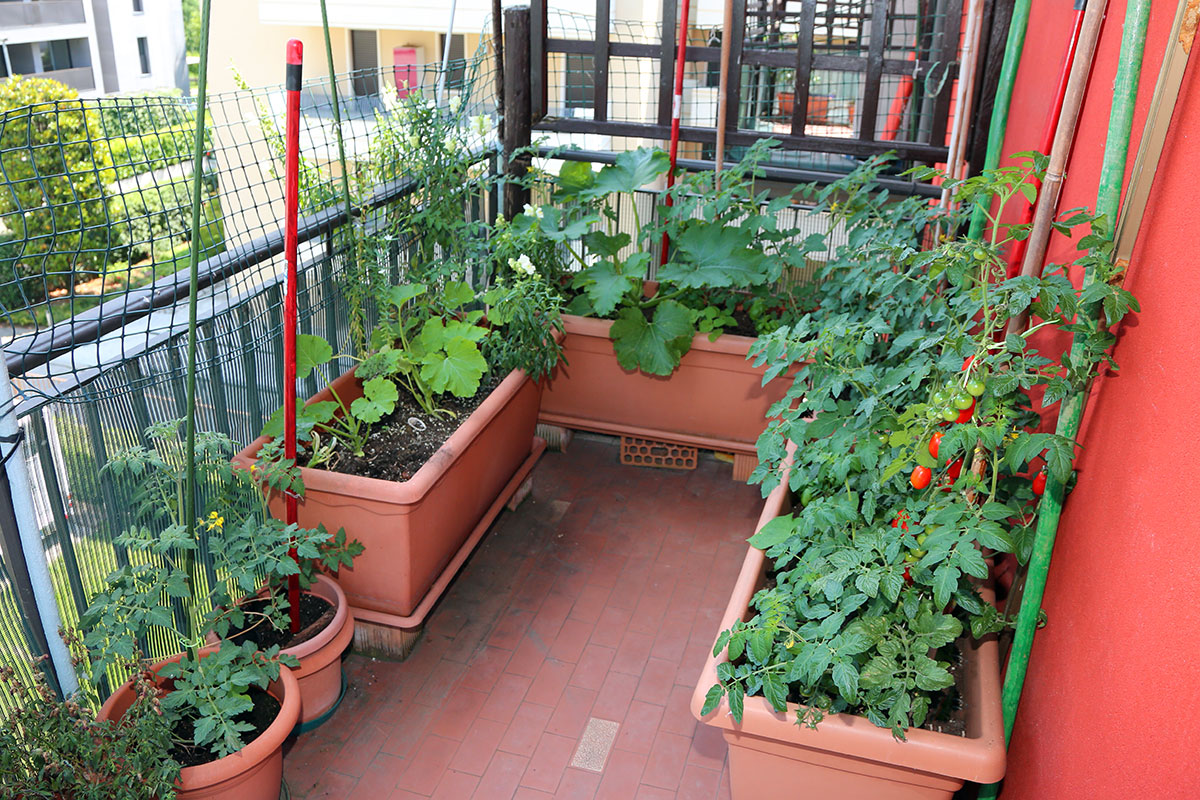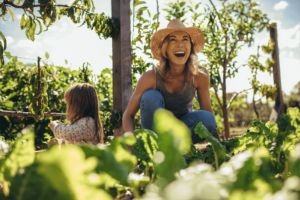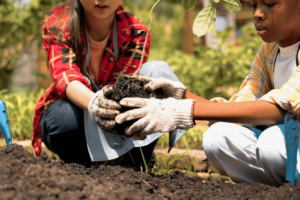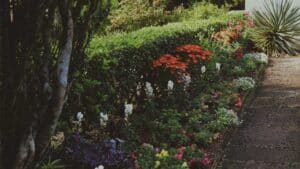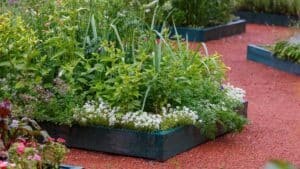Not everyone has a large, sunny yard to create a dreamy in-ground vegetable garden. Sometimes it’s the space that’s lacking, other times it’s the lighting, as most vegetables like sun and heat. No need to worry: create a vegetable garden in a container. On your balcony or in your yard, most vegetables and herbs grow well in pots, and sometimes even give a better yield.
Which containers to choose?
Vegetable tables and raised garden containers are gaining in popularity. You will find a wide range of them in garden centres, made of wood, plastic or metal. Those who are more of the do-it-yourself type can even start building their own planter. Be careful, however, to choose the right material. You can also use several other containers: planters, window boxes, patio pots and even hanging pots for strawberries for example. Make sure you have a good depth for the roots of the plants to spread out as much as possible, drainage holes so that the water can easily run off and a wide base to ensure a very good stability. Geotextile fabric pots are also very effective for growing vegetables and herbs.
Which plants should I use for my pots?
You can go with your preference for vegetables and herbs. Choose vegetables with a definite habit or “patio” varieties that are more compact. Leafy vegetables such as lettuce, spinach and Swiss chard are very successful in containers, but even root vegetables can grow well in pots. Fruiting shrubs such as blueberries, raspberries and haskaps can be planted in containers as well. And what about citrus… you can get lemons and limes in a pot! Don’t deprive yourself for lack of space!
The importance of potting soil
When creating a container garden, it is important to choose potting soil specifically designed for this purpose. It contains the right nutrients for your plants. You can also add compost to further enrich your soil for the most demanding varieties. Good soil is the foundation of your success, so don’t compromise on quality. At planting time, and regularly thereafter, feed your plants with a good natural vegetable fertilizer. You will have more abundant harvests.
Be thorough about watering, making sure your plants don’t run out of water. You can even add mulch to help keep your soil moist longer.
Have fun!

